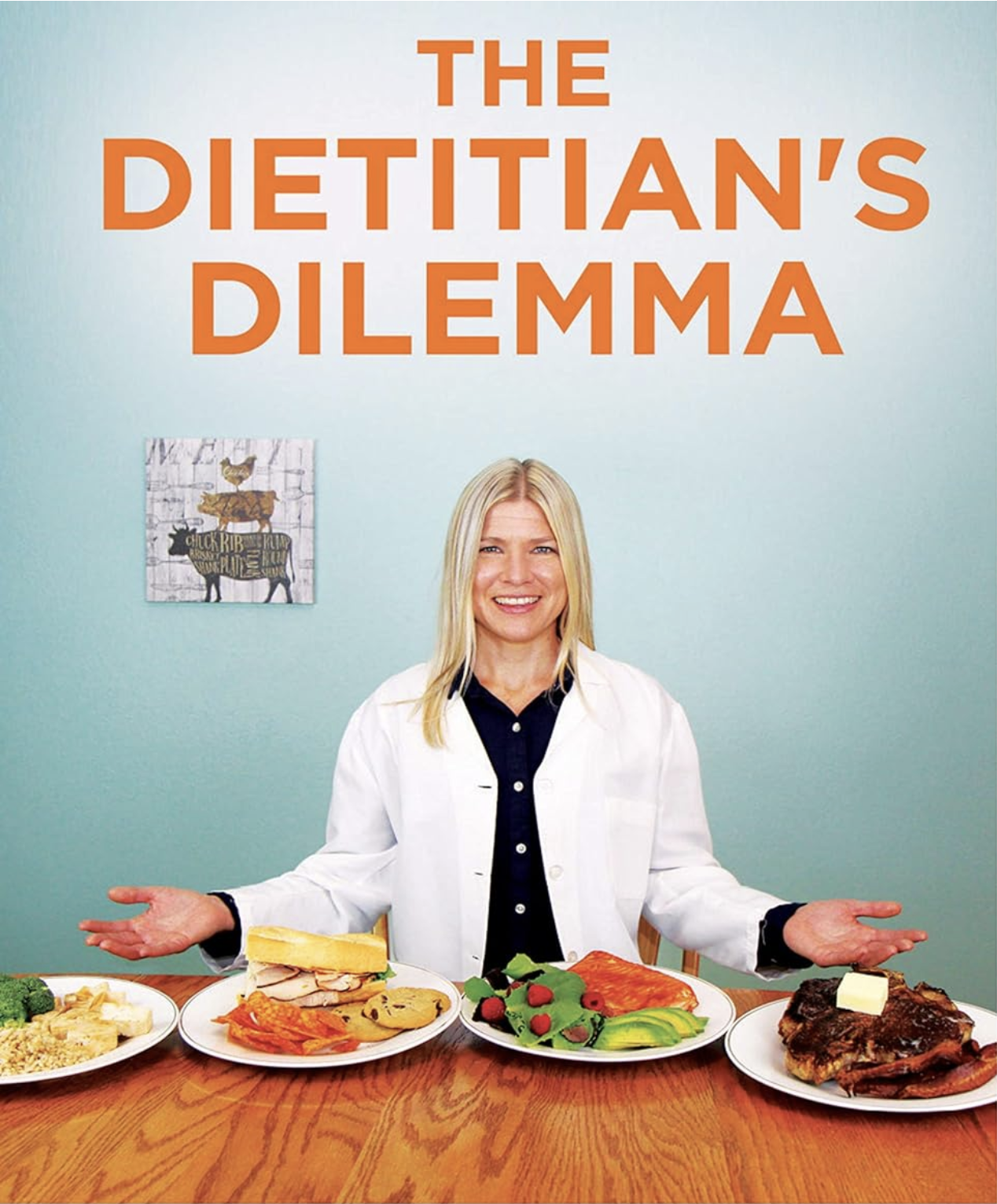The Dietitian Who Changed Everything: Michelle Hurn’s Story and Why It Matters Now
When I went back to school for nutrition, I already had six years of lived experience following a low-carb, ketogenic lifestyle. My chronic pain was gone, my energy was stable, and I had learned through real results that food quality mattered more than calorie counts. But as I sat in those classrooms, listening to lectures on the USDA dietary guidelines, something didn’t sit quite right.
We were told that bread, potatoes, and pasta were “essential carbohydrates.” That seed oils were heart-healthy. That red meat and saturated fat were dangerous and should be limited. I knew from both personal experience and from reading countless success stories of people who had lost weight and had reversed their metabolic diseases that none of that made any sense. Yet I memorized it all because I wanted my nutrition degree. I aced my exams, passed every class, and played by the rules. But deep down, I knew the information was outdated and driven by industry influence.
That same realization is what shaped Michelle Hurn’s story.
Michelle is a registered and licensed dietitian who spent years working in clinical and outpatient care. She was dedicated to helping people heal through food, yet the system she was trained in offered tools that often made people sicker. Her story began long before her professional career, at age twelve, when she was diagnosed with anorexia nervosa and given a grim prognosis. Her treatment included 24-hour tube feeding formulas made with corn syrup, vegetable oils, and synthetic vitamins, the same ingredients still recommended in hospital nutrition today.
She survived, but her health never fully recovered. She carried the mental and physical scars of that experience into adulthood. Even as a marathon runner and dietitian, she was plagued by muscle pain, anxiety, and extreme fatigue. She followed the guidelines she taught, whole grains, low-fat dairy, minimal red meat and yet her body kept breaking down.
Her turning point came during marathon training. Her legs hurt constantly, and her energy crashed during runs. Doctors couldn’t explain it. Blood tests looked “fine.” Out of frustration, she tried something radical: she eliminated grains, seed oils, and processed carbohydrates. She began eating animal protein, eggs, butter, and red meat. Within days, her inflammation dropped. Within weeks, the pain disappeared. Her anxiety eased for the first time in years. That was the moment she realized what she had been taught was wrong.
This n=1 transformation changed everything. Michelle dove into the science behind human metabolism and began to question every piece of conventional nutrition advice she had learned. She realized the problem wasn’t her body, it was the model itself.
Her book, The Dietitian’s Dilemma, which I highly recommend everyone to read, tells her story in raw detail. It’s part memoir, part scientific case study, and part a call to action. She exposes how dietitians are trained to fear fat, count carbohydrates, and follow industry-approved scripts. She describes how academic programs rely on research funded by the food and pharmaceutical industries, the same entities that profit when people stay sick.
Michelle’s work reveals the deep conflict of interest in modern nutrition. The curriculum isn’t built around human physiology or ancestral health. It’s built to align with government guidelines and corporate sponsors. Her courage to say this out loud is what makes her one of the most important voices in the nutrition field today.
Her story matters because it validates what many of us already feel in our gut that the education system for dietitians is broken. It trains professionals to manage disease instead of prevent it. It normalizes metabolic dysfunction as if it were inevitable. And it silences those who question the status quo.
A woman after my own heart, Michelle stands for truth and patient-centered care, not policy-driven recommendations. She believes in healing through food that nourishes the body, not food that requires medication to tolerate. Her recovery wasn’t theoretical. It was lived. Her labs improved, her anxiety eased, and her performance as an athlete soared.
At Mind Body Synergy, I deeply relate to Michelle’s belief that true healing starts when we question the system and listen to our bodies. Her experience was far more extreme than mine, but the lesson is the same. Nutrition isn’t a formula designed in a lab. It’s a biological truth rooted in how the body functions when fed real food. Michelle’s story proves how far recovery can go when we stop following flawed guidelines and start trusting human physiology.
The future of nutrition belongs to people like her, those willing to challenge outdated systems and refuse to accept metabolic decline as normal. It belongs to dietitians, coaches, and individuals ready to reclaim responsibility for their health. Michelle Hurn’s story isn’t about rebellion for its own sake. It’s about integrity, courage, and the choice to do what’s right, even when it means standing alone. That’s the kind of strength this movement, and this blog, is built on.
Disclaimer: The content shared here is for informational and educational purposes only and should never be taken as medical advice.
In writing this blog post, my goal is to distill research findings into a clear, approachable format that encourages critical thinking and empowers you to make informed decisions about your health.

